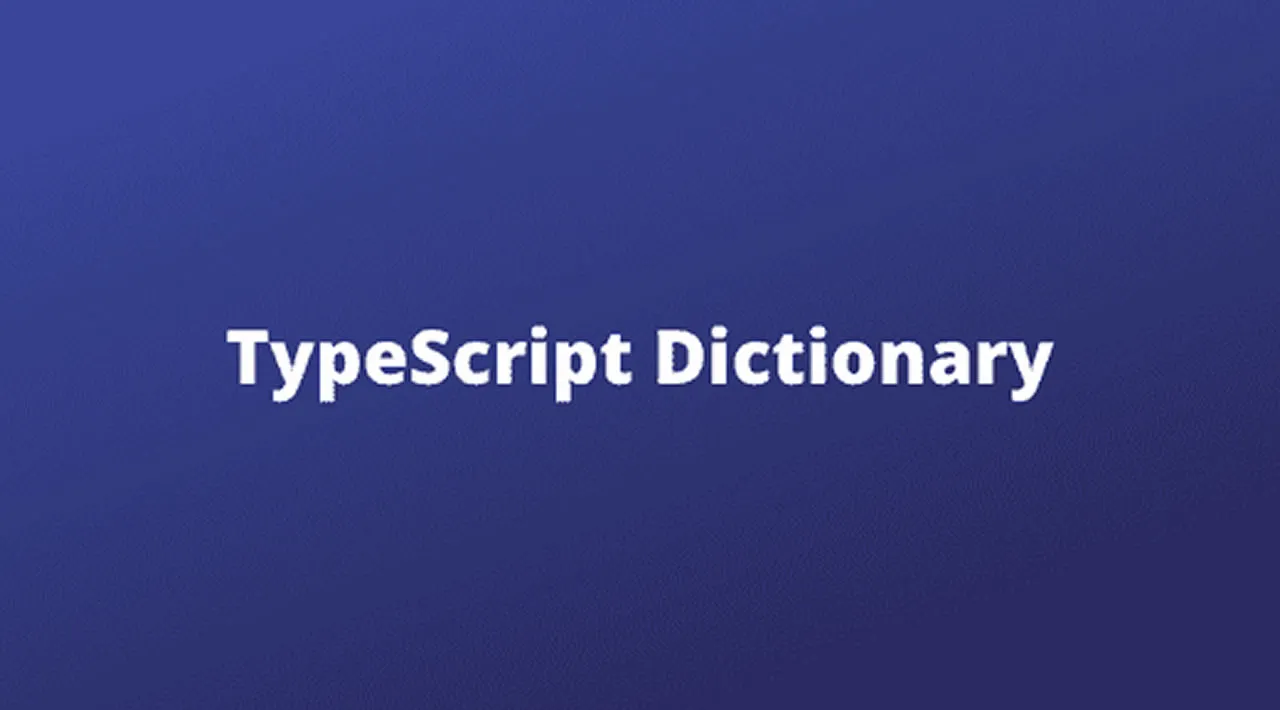Different ways to strongly-type a dictionary / hash / map in TypeScript.
This post covers different ways to strongly-type a dictionary in TypeScript. Dictionaries are sometimes referred to as a hash or a map - basically it is a collection of key-value pairs. In this post we are going to focus on dictionaries where the keys are unknown - if we know the keys then a type alias or interface can be used.
The problem
TypeScript needs to understand the full representation of an object before it is accessed. For example, the following code is fine in JavaScript but raises a type error in TypeScript:
let scores = {};
scores.bill = 10; // 💥 - Property 'bill' does not exist on type '{}'
The following code outputs undefined to the console in JavaScript but raises a type error in TypeScript:
let scores = { bill: 10 };
console.log(scores.fred); // 💥 - Property 'fred' does not exist on type '{ bill: number; }'
We can use any in a type annotation, but then no type checking will occur on the dictionary:
let scores: any = {};
scores.bill = 10; // ✔️ - no type error
scores.invalidProp = true; // ✔️ - no type error
We want some type checking to happen but have the flexibility to add keys into the dictionary at runtime.
Using an indexed object type annotation
We can use an indexed object type annotation as follows:
let scores: { [name: string]: number } = {};
scores.bill = 10; // ✔️ - no type error
scores.bill = "10"; // 💥 - Type 'string' is not assignable to type 'number'
Here we specify that the dictionary keys are strings and the values are numeric.
The “name” label can be anything we like. Often “key” is used:
let scores: { [key: string]: number } = {};
scores.bill = 10;
The label can’t be omitted though:
let scores: { [string]: number } = {};
// 💥 - 'string' only refers to a type, but is being used as a value here
Unfortunately we can’t restrict keys using a union type:
let scores: {
[name: "bill" | "bob"]: number;
} = {};
// 💥 - An index signature parameter type cannot be a union type. Consider using a mapped object type instead
On a more postive note, we can have more complex value types:
type Person = {
email: string;
rating: number;
};
let scores: { [name: string]: Person } = {};
scores.bill = {
email: "bill@somewhere.com",
rating: 9,
};
scores.bob = {
emailAddress: "bill@somewhere.com",
// 💥 Type '{ emailAddress: string; rating: number; }' is not assignable to type 'Person'.
rating: 9,
};
#typescript #javascript #programming #web-development
